

SUPPLYING BEST-IN-CLASS GRAPHITE ELECTRODES







SUPPLYING BEST-IN-CLASS GRAPHITE ELECTRODES




Driven by its mission to change society through the power of chemistry, Resonac Graphite Business Unit (RGBU) is part of Resonac Holdings Corporation (Resonac), headquartered in Tokyo, Japan.
The corporation came about as a result of the acquisition of Hitachi
Chemicals by Showa Denko K.K., and officially gained its Resonac moniker in January 2023. The name is a combination of ‘resonate’ and the ‘c’ from ‘chemistry’, in acknowledgement of the corporation’s history as a chemicals company.
Boasting over 1,600 employees and a global footprint, with manufacturing
facilities across Asia Pacific, Europe, and the US, RGBU strives to maintain integrity and a solid vision across its numerous iterations.
RGBU is acutely aware of the valuable properties that graphite offers. Indeed, with its growing use in electric vehicle (EV) batteries, the mineral is playing a significant role
As a company acutely aware of global decarbonisation efforts, Resonac Graphite Business Unit leverages sustainable production processes and a robust continuity framework to present a comprehensive product and service offering to the steelmaking industry. César Castiñeira Diaz, President and CEO, tells us more
Writer: Lily Sawyer | Project Manager: Nicholas Kernan
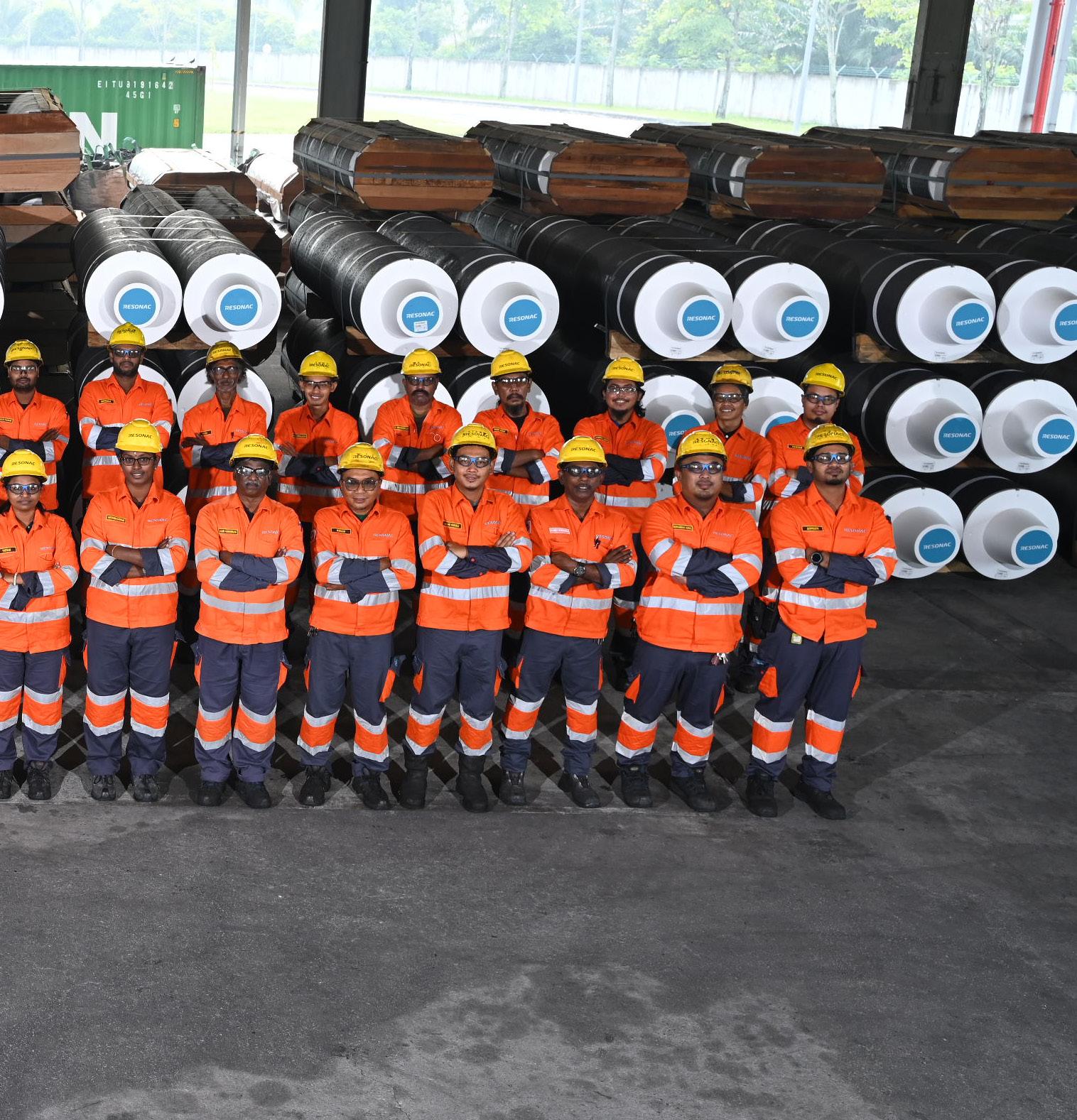
in changing not just the chemicals industry, but society as a whole.
As such, graphite today is in high demand, and so are the companies who produce it.
“Our graphite electrodes are helping us to change society through chemistry in a meaningful way,” introduces César Castiñeira
Diaz, President and CEO of RGBU.
Historically, the steel industry, RGBU’s primary customer, has been responsible for approximately seven percent of global greenhouse gas (GHG) emissions, and 11 percent of global CO2 emissions.
However, RGBU’s sustainable steel production process, which involves
remelting scrap steel in an electric arc furnace (EAF), saves up to 80 percent of CO2 emissions compared to traditional blast furnace methods.
“As steelmakers around the world seek to reduce their carbon footprint, they are opting to replace their blast furnaces with EAFs,” he reveals.
In this way, RGBU considers its products and services to be essential contributors to the global decarbonisation effort.
Undeterred by a saturated and constantly evolving landscape, RGBU has seen its competitors in the graphite electrode industry remain fiercely active.
“This continued competition creates an environment in which we are forced to focus on constant improvement,” comments Diaz.
As a result, the company has fostered a sense of urgency towards innovation in this traditionally conservative industry. For example, RGBU’s contributions to the electric steelmaking sector are now more efficient, customer focused, and environmentally friendly to remain competitive.
To achieve this, the company has leveraged strategic partnerships up and down the value chain to co-create solutions and incubate innovation.
Notably, RGBU believes that innovation is not measured by R&D budget alone, but includes conscious decision-making to cultivate a culture in which people can grow.
As such, the company seeks to create an atmosphere conducive to creative innovation and a working environment in which its people are not afraid to challenge the status quo.
“It is the people and their mindsets that produce ideas, so the environment is important. In turn, these ideas create the type of radical innovations that will make lasting changes,” Diaz asserts.
RGBU’s Employer of Choice (EoC) programme seeks to further its ability to radically innovate by making the
company a benchmark within local labour markets, enabling it to attract and retain the best talent whilst fostering a culture of excellence, diversity, inclusion, and commitment.
The company’s overall goal for the EoC programme is to offer its employees a unique and differentiated experience where they can be part of something bigger than themselves.
“In the long run, you find that the people who feel empowered to change the world are the ones who actually do,” he states.
Despite its significant size, RGBU believes that a company can never be bigger than the value it provides its customers and stakeholders.
Therefore, it aims to be resilient and sustainable in the sense of remaining
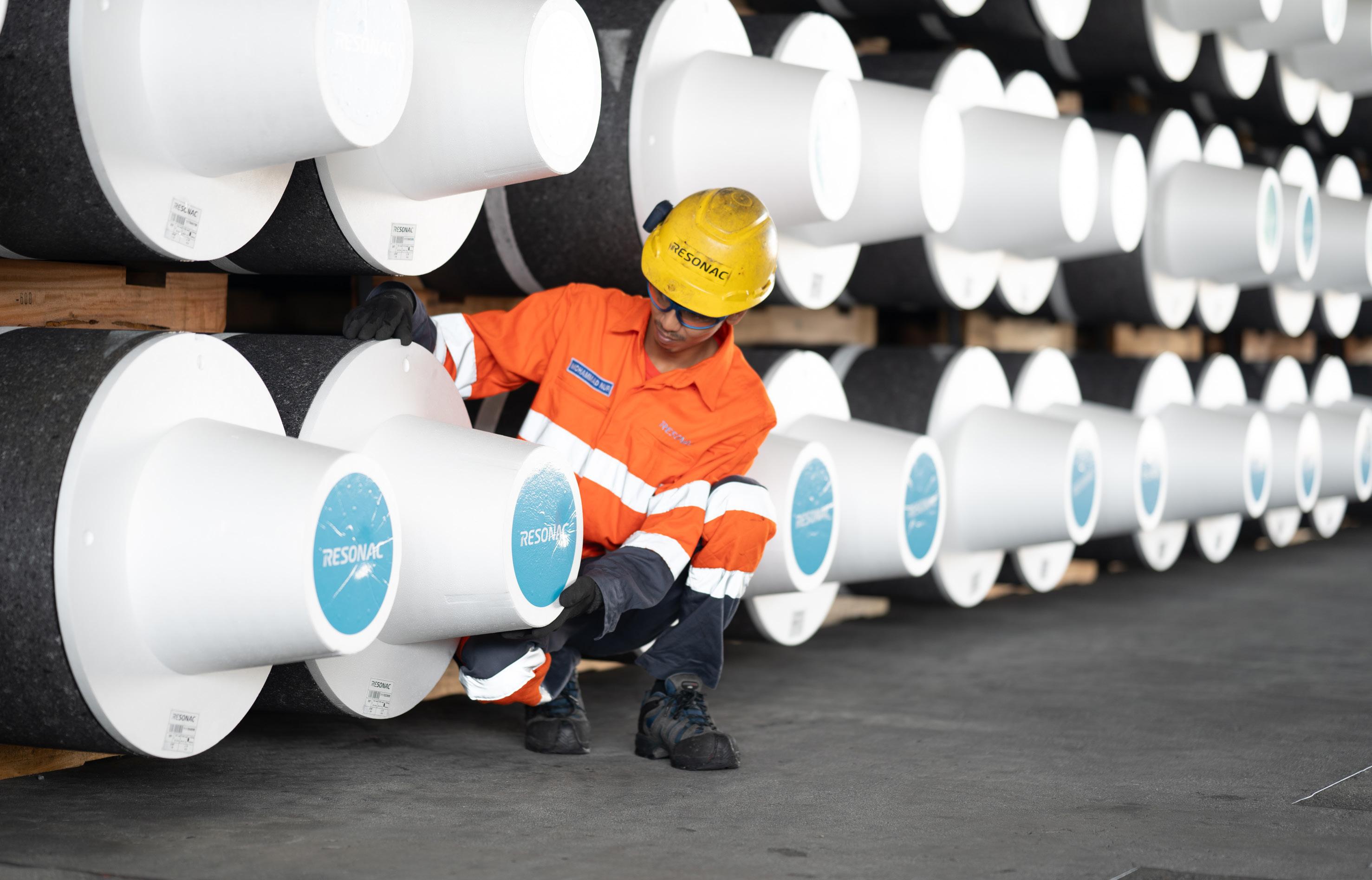
present for its customers in the long run.
“We believe we owe it to our employees, customers, suppliers, and stakeholders to be a business that can be trusted,” Diaz imparts.
As such, RGBU retains strong corporate governance and visionary leaders who safeguard key aspects of the company’s ongoing sustainability.
Resonac’s large global platform also provides a considerable advantage to RGBU as customers begin to evaluate the impact of Scope 1, 2, and 3 emissions on their operations.
“In this case, our sizable platform is aiding our sustainability efforts, both economically and environmentally,” he explains.
In addition, RGBU implements a business continuity framework in which it keeps significant inventories of key components and raw materials, ensuring it can always fulfil partner commitments and further cementing its ongoing sustainability and resilience as a business.
In recent years, global disruptions such as war, natural disasters, and political conflict have presented potential obstacles to fulfilling business commitments, yet the company’s continuity framework prevents this eventuality.
“We live in a volatile, uncertain, complex, and ambiguous (VUCA) world, but RGBU is well-positioned to uphold its commitments regardless of these circumstances.”
Accordingly, based on its strategy to eliminate the probability of business interruption, RGBU’s production facilities have achieved the sought-after status of ‘highly protected risk’ from its regional insurance partners.
RGBU believes it is people that make the difference. If a company can be an employer of choice, then it can attract and retain the right people and increase its likelihood of being successful.
César Castiñeira Diaz, President and CEO: “I was raised in Ferrol on the north-western coast of Spain, where I earned a degree in electrical engineering from the University of A Coruña.
“Around the time of my graduation, a local employer, SGL Carbon (SGL), asked the university for a list of young engineers to interview for a vacant position in supply chain management. I applied for the role and earned the job, officially starting my career with SGL in November 2000 as Packaging Department Supervisor.
“Since then, I have worked in the graphite electrode and cathode businesses, and been fortunate enough to experience several different facets of the industry.
“I served an expatriate assignment in Germany for three years, whilst many of my roles have provided opportunities to work in a global capacity, including my stint as COO of Showa Denko Carbon, a subsidiary of Showa Denko K.K.
“Effective from 1st April 2024, I am excited and honoured to accept the position as President and CEO of RGBU.”
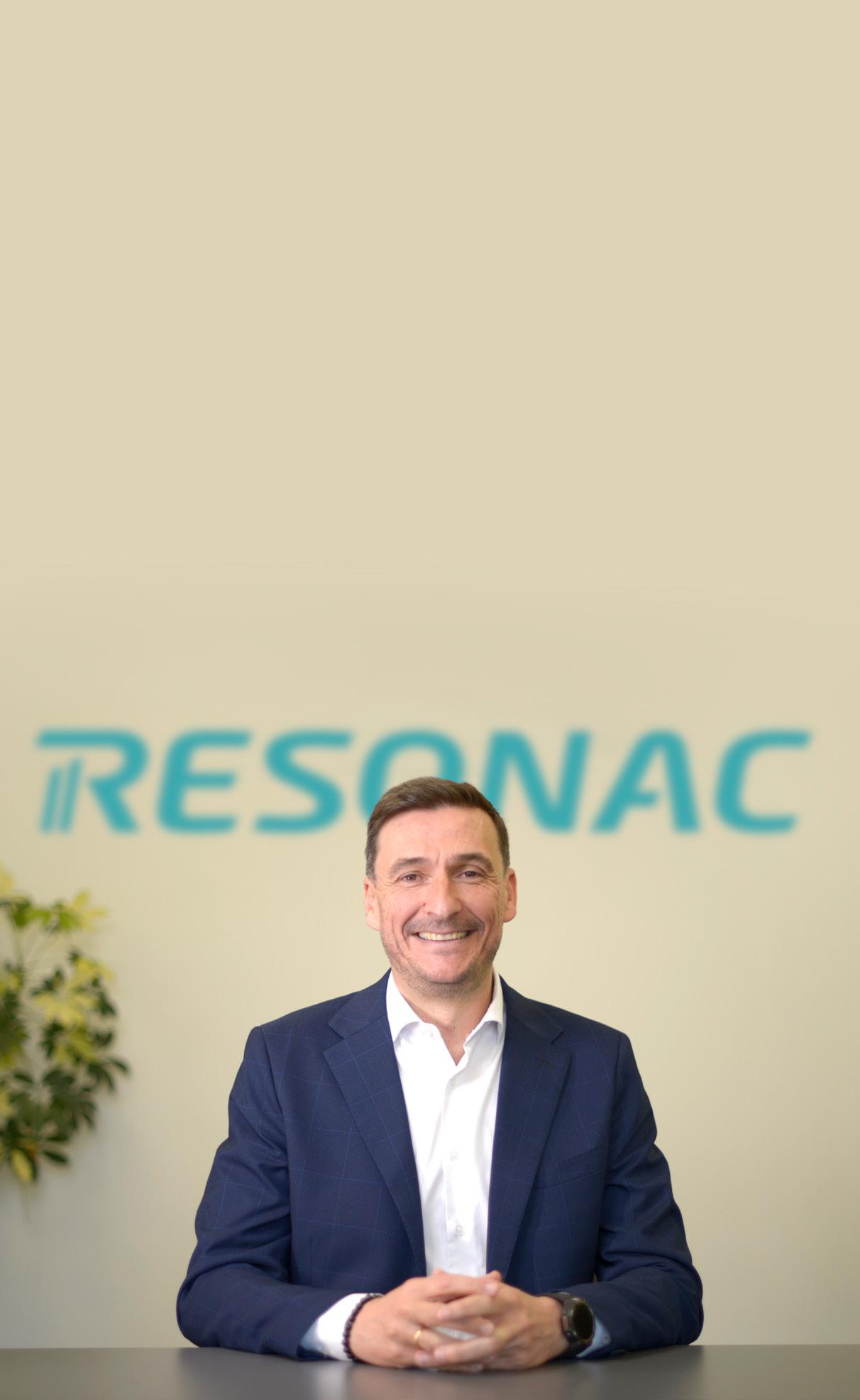
“OUR GRAPHITE ELECTRODES ARE HELPING US TO CHANGE SOCIETY THROUGH CHEMISTRY IN A MEANINGFUL WAY”
– CÉSAR CASTIÑEIRA DIAZ, PRESIDENT AND CEO, RESONAC GRAPHITE BUSINESS UNIT
To change the game, we need
In today’s world marked by unpredictability and continuous change, organizations face constant challenges. Global disruptions – such as wars, natural disasters, political instability and, more recently, deliberate attacks on vital infrastructure – coupled with fierce global competition, have taken the veil off the volatile, uncertain, complex, and ambiguous (VUCA) environment that businesses have to navigate. This scenario, in which customers also switch loyalty easily in pursuit of the best value per dollar, puts immense pressure on companies with capital-intensive inventories and a dependence on global supply chains. These conditions require a strategic pivot towards resilience and adaptability, particularly for industries that rely on precise logistics, such as graphite electrodes and steel production. Facing these challenges head-on, and navigating the turbulent waters that come with them, highlights the need for robust contingency planning and flexible operating models to ensure stable and reliable supply chains. This is even more true for the so-called ‘traditional companies’. Entities that have long been established within their markets, have profound industry knowledge, and have implemented solid structures and processes. In the new global environment, it is these companies to whom resilience is not just beneficial but essential for healthy growth and future success. At the same time, it is these companies that are struggling the most in delivering a successful transformation.
Their once-effective organizational structures, decision-making hierarchies, and legacy systems now hinder agility, resilience, and overall organizational excellence in today’s VUCA world. A transformation geared towards success is an in-depth, systemic re-orientation of the entire enterprise. It challenges and changes the foundational, often unspoken rules, beliefs, and paradigms that heavily influence perceptions, behaviors, decision-making, and interactions. In this effort, mere incremental efforts and increased hard work cannot address the need for change sufficiently.
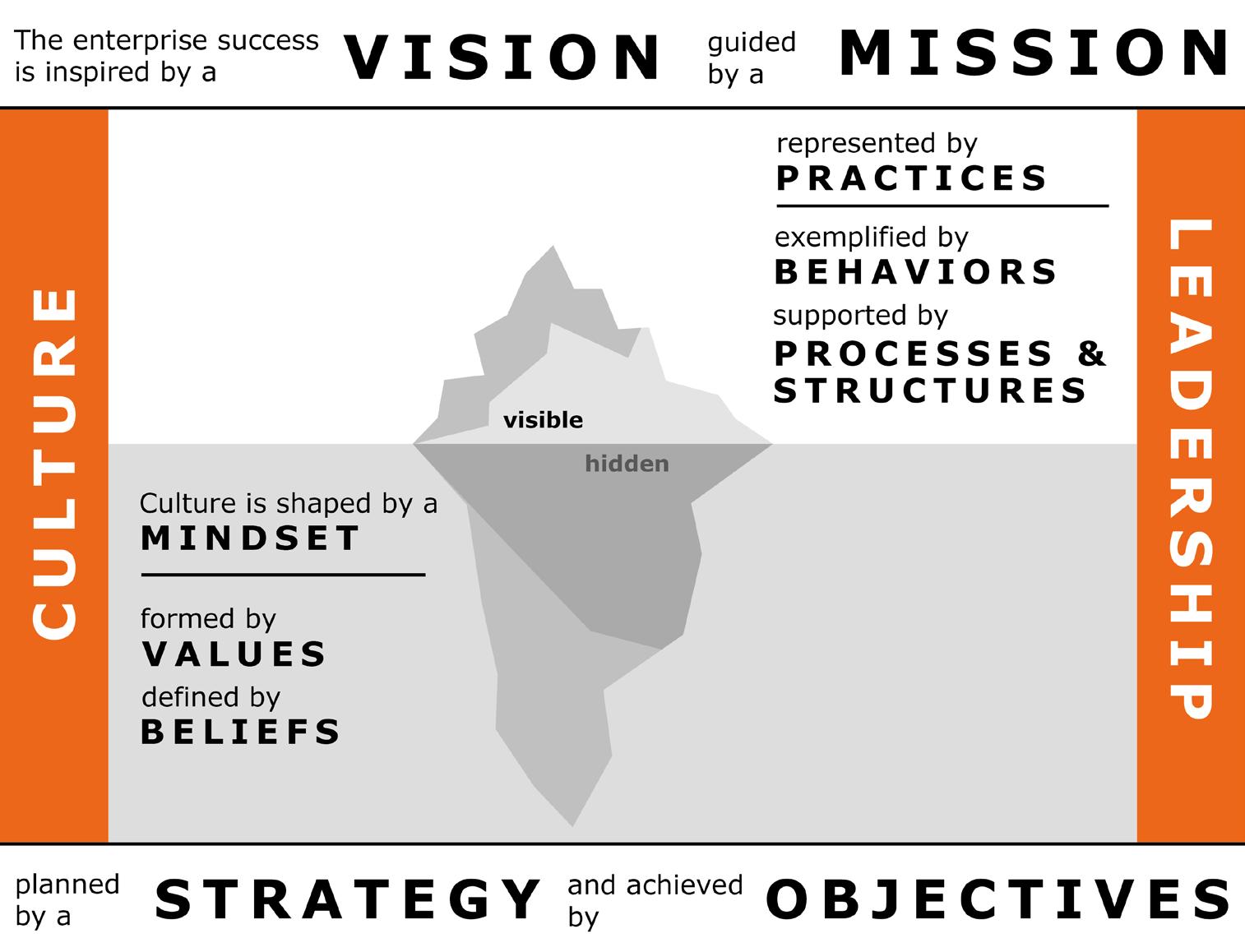
After all, a transformation aims to fundamentally change the way a company does business.
Think Fosbury Flop in high jump: Before the 1968 Olympics, high jumpers typically used and improved upon techniques that all shared going over the bar face-down.
Dick Fosbury, however, ran towards the bar in a curve, then leaped backward and head-first, allowing for a significantly higher jump and an unrivaled competitive advantage over conventional methods. By overcoming the belief that you need to run straight and jump forward, he changed the entire game. As a paradigm, this belief was almost considered a rule in high jumping, determining the sport like the hidden part of an iceberg determines the visible one.

When talking about transformation, it is this level of paradigm shift that should be the North Star.
In general, the success rate of transformation initiatives is very low and most efforts fizzle out during implementation. The authors, with their broad experience and expertise across multiple industries, have seen many initiatives come and go again very quickly. So-called ‘traditional companies’ are especially prone to failure in their transformation attempts. These organizations face unique challenges and hurdles when attempting to navigate the complexities of a transformation. Symptoms of these difficulties include, but are not limited to, the following:
• Resistance to Change: The success of transformations is hindered by employees’ and management’s reluctance to adopt new practices, leading to skepticism and disengagement.
• Traditionalist Culture: Deeply ingrained cultures that value stability and predictability in traditional companies can conflict with the adaptability needed for successful transformation.
• Legacy Systems and Locally Optimized Processes: Traditional companies’ reliance on outdated systems optimized for siloed functions complicates updating efforts. These require a holistic reenvisioning of processes and structures fitting end-to-end perspectives.
• Lack of Agility: Traditional companies struggle with responsiveness due to hierarchical decision-making and bureaucratic processes in a rapidly changing business environment.
• Insufficient Skills and Capabilities: Traditional companies often lack the skills necessary for transformation, including digital literacy, innovation, agility, and project management.
• Poor Alignment and Communication: Often, these companies face a disconnect between strategic objectives and their execution, along with issues in cross-hierarchical communication.
• Underestimating Transformation Complexity: Underestimating the complexities and interdependencies in transformations leads to inadequate planning and resource allocation. These symptoms make the transformation complicated and multifaceted. It is undoubtedly challenging, presents numerous challenges on several levels simultaneously, and requires a significant effort from every single part and member of the organization.
It is in view of these basic challenges that most transformations start to fail: C-level executives have announced their vision and provided resources, focusing on surface-level items like changing technologies, behaviors, processes, and structures. They then delegate the execution of change but do not address the unspoken and often invisible rulesthe beliefs - of the organization. In highjump terms: Executives continue running toward the bar in a straight line, jumping forward, but expect the company to do a Fosbury Flop. No wonder it fails.
It is clear: If you want to change the game successfully, you need to fundamentally change the rules. The ‘iceberg model’ connects the surface level of observable behaviors, practices, processes, and structures with the underlying rules in the form of beliefs, values, and mindsets that are hidden from plain sight. They, however, determine every other of the visible aspects of an organization. This means leaders need to change first. Before anything else, it is their responsibility to enable themselves to create the new culture and embody it. They have to understand what beliefs and values need to be changed and define what the new paradigms are. These, along with a new vision, then need to be embedded in a compelling story so that management and the rest of the organization are deeply willing to adopt the new mindset needed for transformation and future success. Designing a vivid picture of potential futures and pointing out individual benefits excites people and helps turn concerns and apprehensions into ambitions, motivating employees to embark on the transformative path.

The transformation, however, requires more than just desire. It can only be successful if desire, capability, and permission, the three dimensions of the ‘triangle of transformation’, are synchronized and in balance. Capability means that people not only want to but also possess the individual skills to operate in the transformed organization. Methodologies, knowhow, and practical capabilities to drive and sustain the change need to be built within the company across all levels, from the leadership team to the frontliners. Specific trainings that follow accepted standards and are tailored to the needs of a transformed organization need to be conducted. A potential that is created this way then needs permission to act to be unlocked. Therefore, decisions need to be enabled and taken at the right level. A fitting operating model and the right set of KPIs that are aligned throughout the company guide the creation of supportive structures and processes.
During the transformation, ensuring symmetry between desire, capability, and permission as well as exemplifying the new values, beliefs, and mindset is paramount and a continuous effort of leadership. Only then can the enterprise succeed. In other words: Only when C-level leaders run to the bar in a curve, turn and jump, can they expect the company’s body to provide the energy and the complex motion needed to do a Fosbury Flop, get over the bar, and land the right way.
In 2024, UMS Consulting GmbH & Co. KG celebrates 40 years of successfully supporting organizations in setting up and implementing change towards resilience. We have built extensive expertise in understanding and navigating the complexities and challenges of transformations in the segment of heavy and process industries and are happy to share it. Our holistic Transformation to Excellence program bundles this wealth of experience and offers it as a comprehensive service, ensuring your people and organization are energized for the future.

Frank Oliver Rill Senior Partner
Frank.Oliver.Rill@ums-gmbh.com

Renata Meran Senior Manager
Reneta.Meran@ums-gmbh.com

Dr. Sebastian Bondzio Senior Consultant
Sebastian.Bondzio@ums-gmbh.com
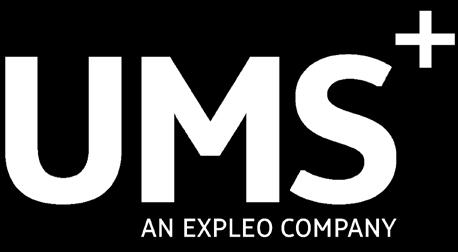
UMS GmbH & Co. KG
Hanauer Landstraße 291B D - 60314 Frankfurt am Main Germany contact@ums@ums-gmbh.com T: +49 69 91 30 680
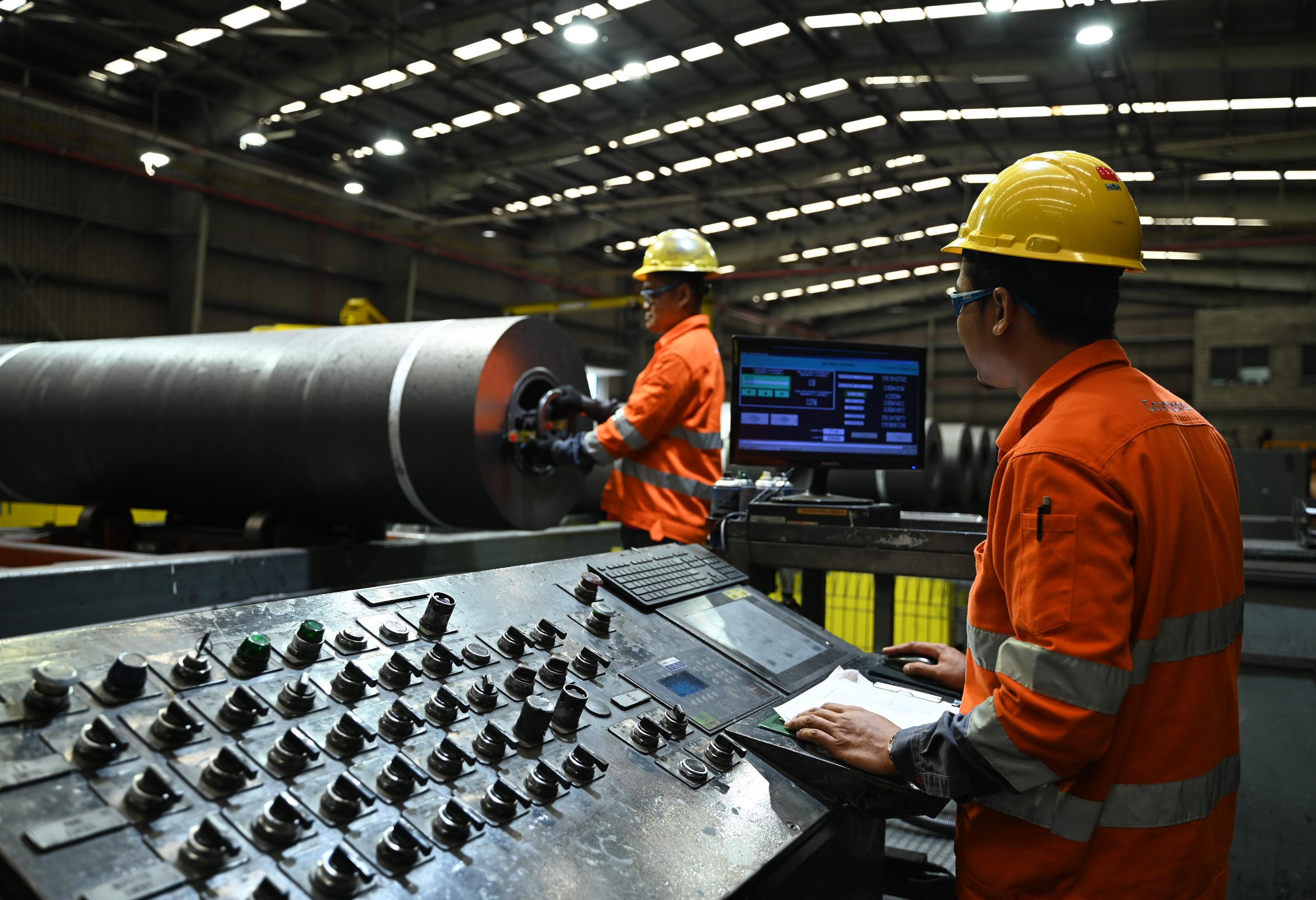
“When it comes to business, wanting to be the employer of choice seems obvious. Implementation can be challenging, but the concept is simple,” Diaz explains.
Being a supplier of choice, however, is more nuanced for RGBU, as it seeks to be customer-centric without commoditising its products and services.
“Unfortunately, due to a proliferation of new market capacity in recent years, complex, value-adding products such as graphite electrodes have been downgraded by way of commoditisation,” he reveals.
On the whole, despite a significant increase in supply from emerging markets threatening to undermine RGBU’s products, its customers remain loyal and continue to value the company’s characteristics of quality, reliability, and stability.
However, there are some cases in which more economical applications are sufficient to meet customer needs.
Guided by its mission to change society through the power of chemistry, Resonac believes being a good corporate citizen goes much further than merely ensuring it pays taxes and doesn’t pollute the environment.
The corporation’s corporate social responsibility (CSR) team, supported by 1,600 community ambassadors from across the globe, partners with local communities to co-create solutions with not only a regional impact, but a global one.
For example, RGBU’s Omachi plant in Japan has established a regional community water utilisation system that has been operational for over 70 years. The system supplies water to the local towns and villages of Ikeda, Matsukawa, and Ikusaka for irrigation, domestic use, and power generation.
In addition, the company’s plant in Steeg, Austria uses recycled plant process water to supply the local district’s heating system, benefiting 400 residents, and supplying over 100 gigawatt hours (GWh) of heat to date.
Currently, the team at RGBU’s Ridgeville facility in the US is partnering with local schools to promote the benefits of environmental stewardship in a national recycling contest.
Such diverse CSR initiatives have helped the corporation to illustrate its mission of actively changing lives through the power of chemistry.
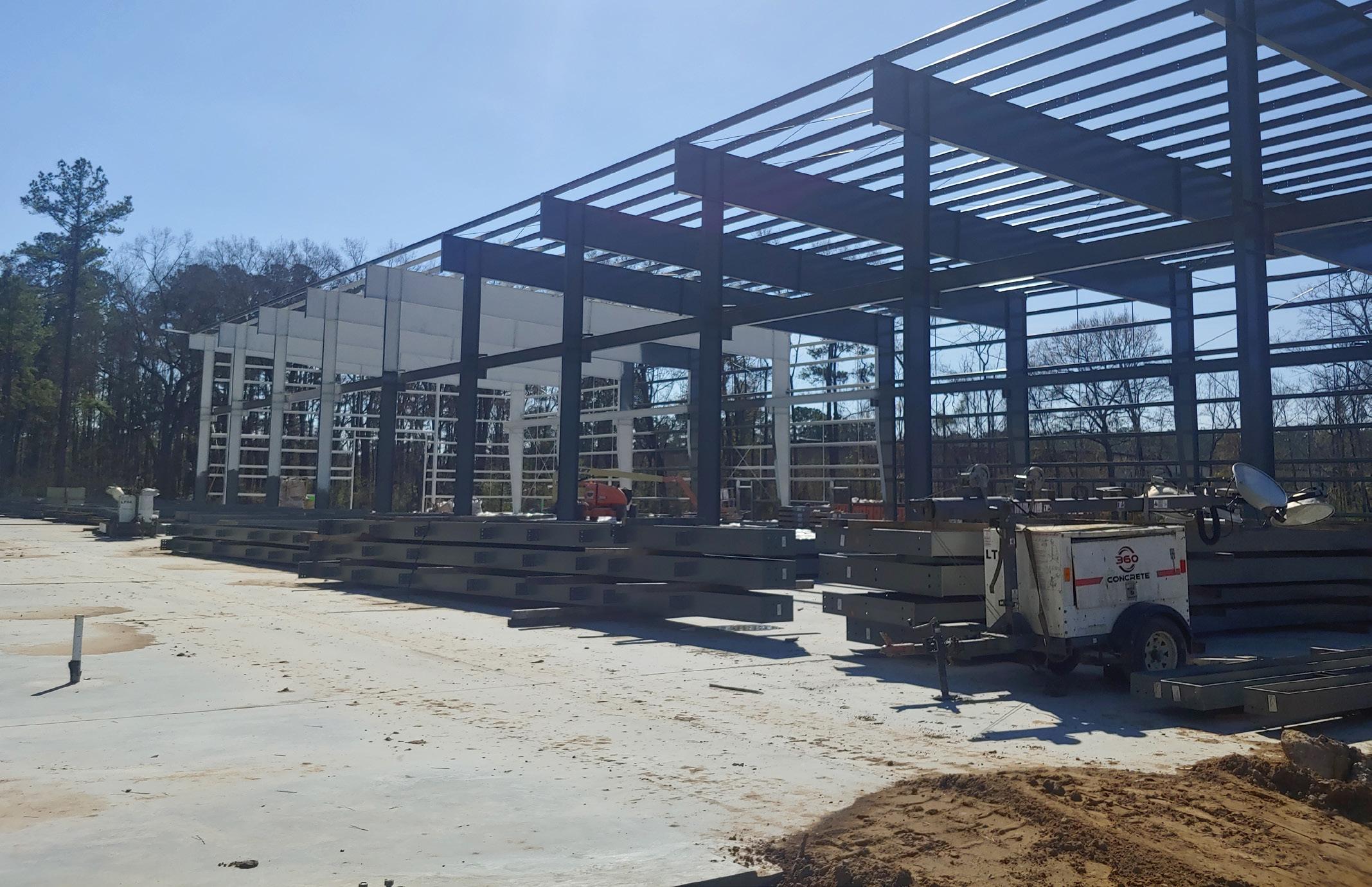
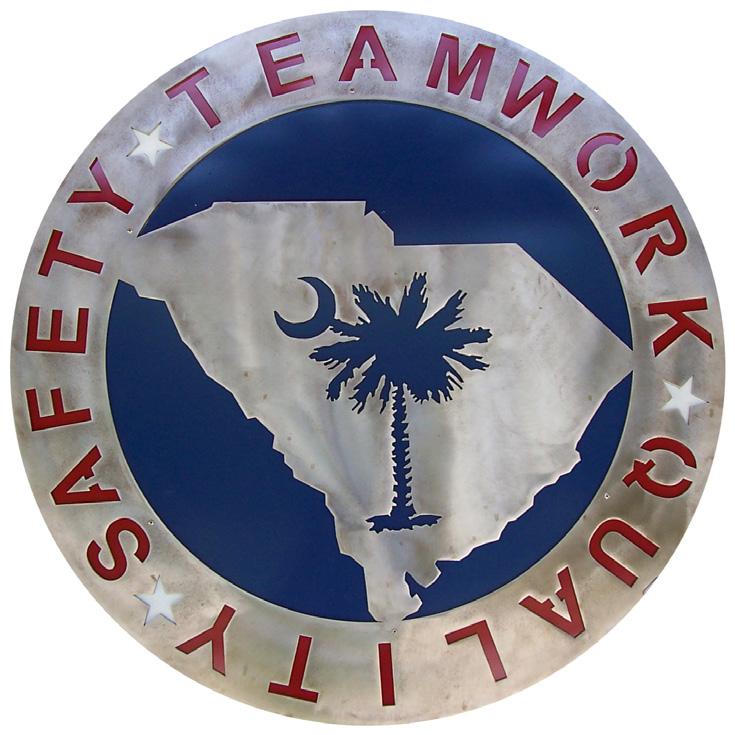
We keep a constant focus on safety, quality and teamwork and proudly boast to have one of the best safety ratings in our industry. We are currently at around 200 employees and with a strong workforce and the ability to do almost any job, we are a one stop shop for anyone in need!
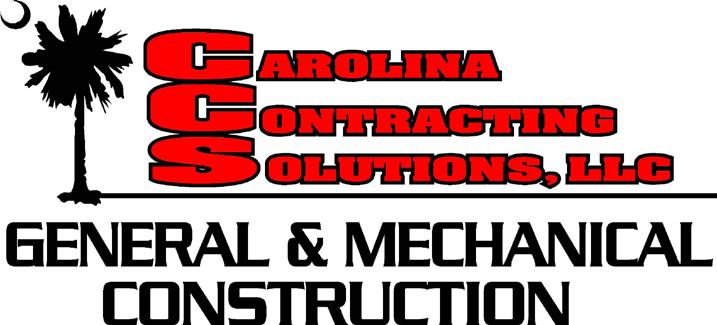
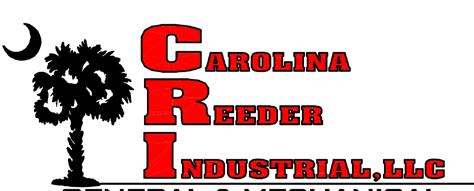
Carolina Contracting Solutions has been doing business with Resonac since 2008. We are a family owned and operated company in Dorchester County South Carolina. In 2023 we branched off our Industrial Division in its own company called Carolina Reeder Industrial. During this time, we also acquired an already established Industrial Company that had been operating in our area since the 90’s. By doing this we created a larger work force with many years of skill and experience that allowed us to better serve our customers and expand our business. Carolina Reeder Industrial focuses on any and all Industrial Plant Maintenance Needs.
We work daily on contract and cost work at many plants located in the Lowcountry. From welding and fitting, to construction and piping, all mechanical work including: concrete construction, cranes, rigging, painting, blasting, specialized Industrial equipment setting, and boiler work, is the reason for our ASME accreditation.
Murray - Owner|Steven Murray Jr. - President
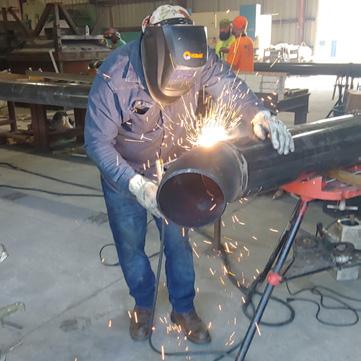

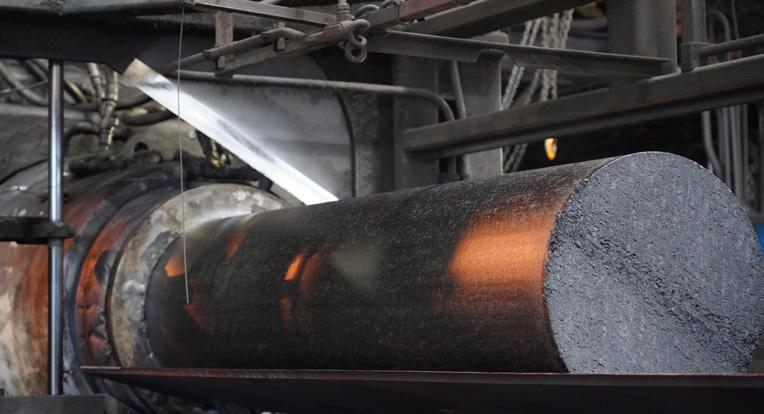
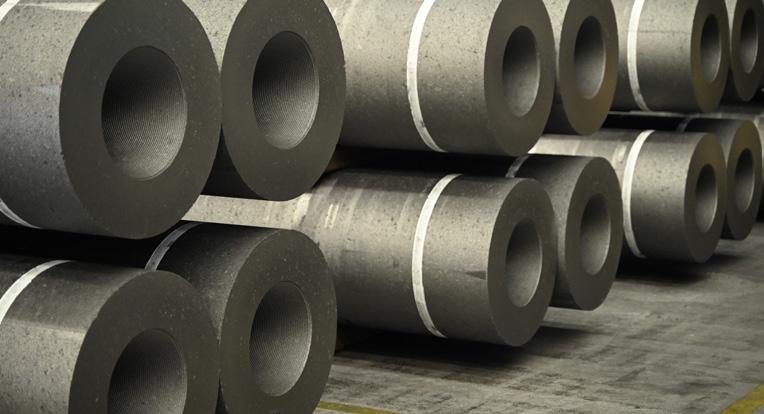
In this instance, and to meet this need, RGBU developed and launched ΩMEGA – an electrode specifically designed to compete with market suppliers whilst being produced in a factory with 100 percent renewable electricity.
“With ΩMEGA, our aim was to
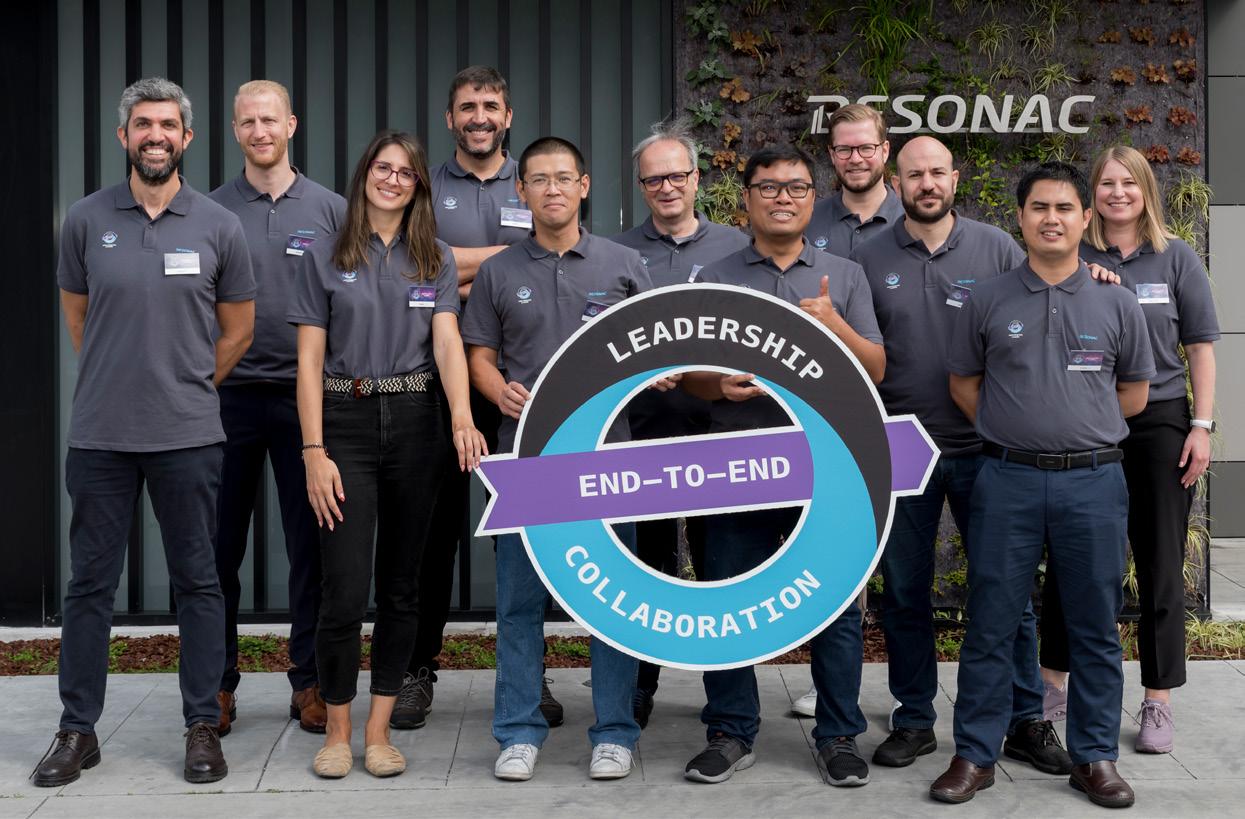
develop a competitively priced product in a traditionally lowpriced market, but do it in an environmentally-friendly manner, and I am happy to say we have done that. To us, this is innovation,” Diaz prides.
In addition to the development of ΩMEGA, the recent acquisition of AMI
Automation (AMI), a Mexico-based technology company, has bolstered RGBU’s status as a supplier of choice and optimised its EAF capabilities.
“Our customers deeply value technology and service, and AMI is a world-leader in EAF optimisation. As such, RGBU’s purchase of AMI is

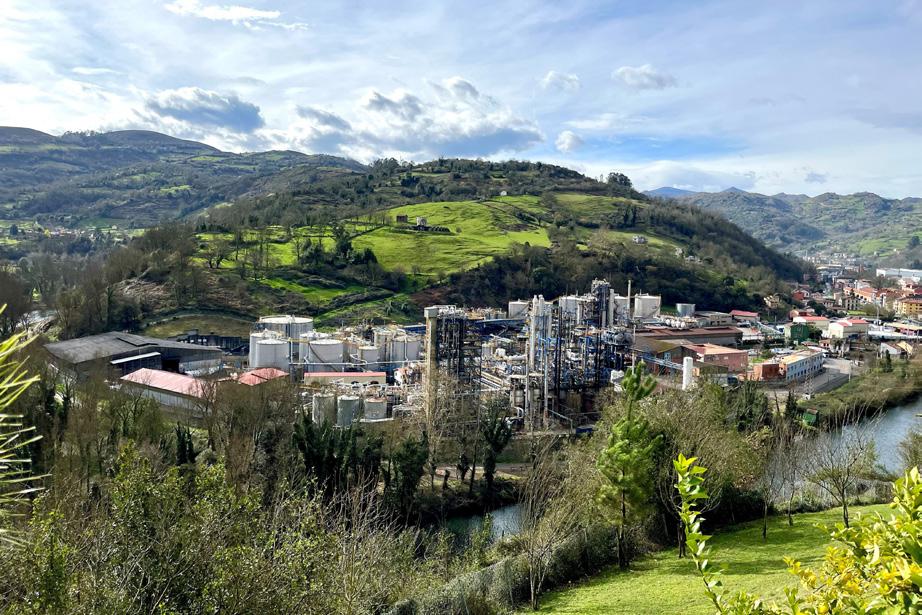
Operating since 1943, Química del Nalón is a family-owned company and a major manufacturer of foundry coke and coal tar distillates in Europe.
QN supplies to several key industrial sectors, such as graphite, primary aluminium, carbon black, iron, and construction.
Avenida de Galicia, 31. 33005
Oviedo, Spain
+34 985982600
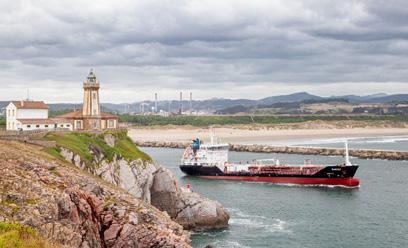
Three strategic levers:
• Digital transformation: Organic growth and diversification


Biotechnology and circular chemistry
gonzaga.gomez-albo@nalonchem.com nalonchem.com
Química del Nalón
• Sustainability: A key player for the decarbonization of the steel industry, supplying Resonac with binders for the production of electrodes
another example of innovation and our focus on customer centricity,” he expands.
In the face of the steel industry’s notoriously cyclical nature, RGBU anticipates a challenging year ahead, especially as it experiences an ongoing downturn.
“Our goal is to navigate challenging times without negatively affecting our quality, efficiency, or service,” Diaz asserts.
To do so, RGBU ensures that its customers’ operations and value chains are not impacted by geopolitical conflict, economic downturn, or natural disasters through its robust business continuity framework.
Furthermore, although it has no plans to expand its manufacturing capacity going forward, the implementation of products such as ΩMEGA has diversified the
company’s portfolio, whilst an uptake in solutions-oriented technical services following the acquisition of AMI has seen the company grow its capabilities.
“With these improvements, RGBU can be considered a one-stop shop for steelmakers. We ensure that each product and service required for melting steel is managed by a company with a robust business continuity framework, accompanied by a long history of reliability and integrity.”
In addition, Resonac’s recent land purchase in A Coruña, Spain acknowledges the future potential for synthetic graphite production.
RGBU views this as a direct investment in the expertise of its graphite team, leveraging over 100 years of manufacturing experience to produce sustainable options to overcome challenges faced by the EV supply chain.
“We see this recent land purchase
as a complement to our existing graphite electrode business,” Diaz enthuses.
As always, RGBU will continue to innovate tirelessly, as it anticipates this investment will further solidify the company as a world-leader in the graphite industry.
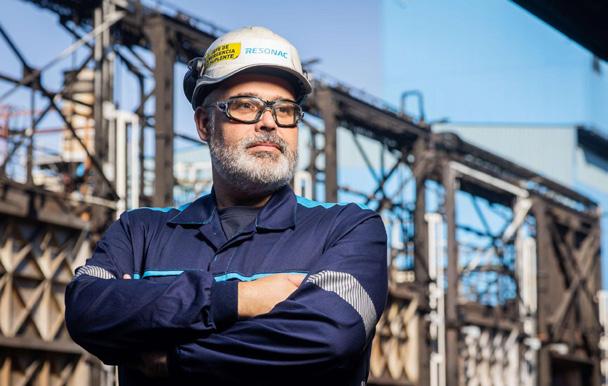
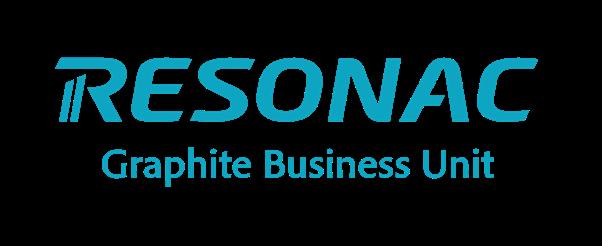
info.graphite@resonac.com
www.graphite.resonac.com

